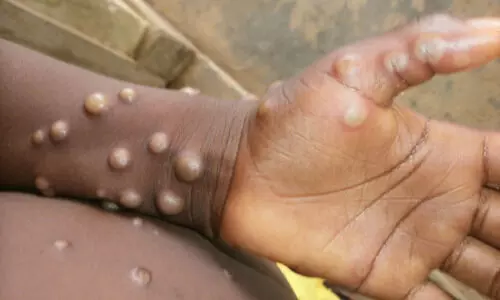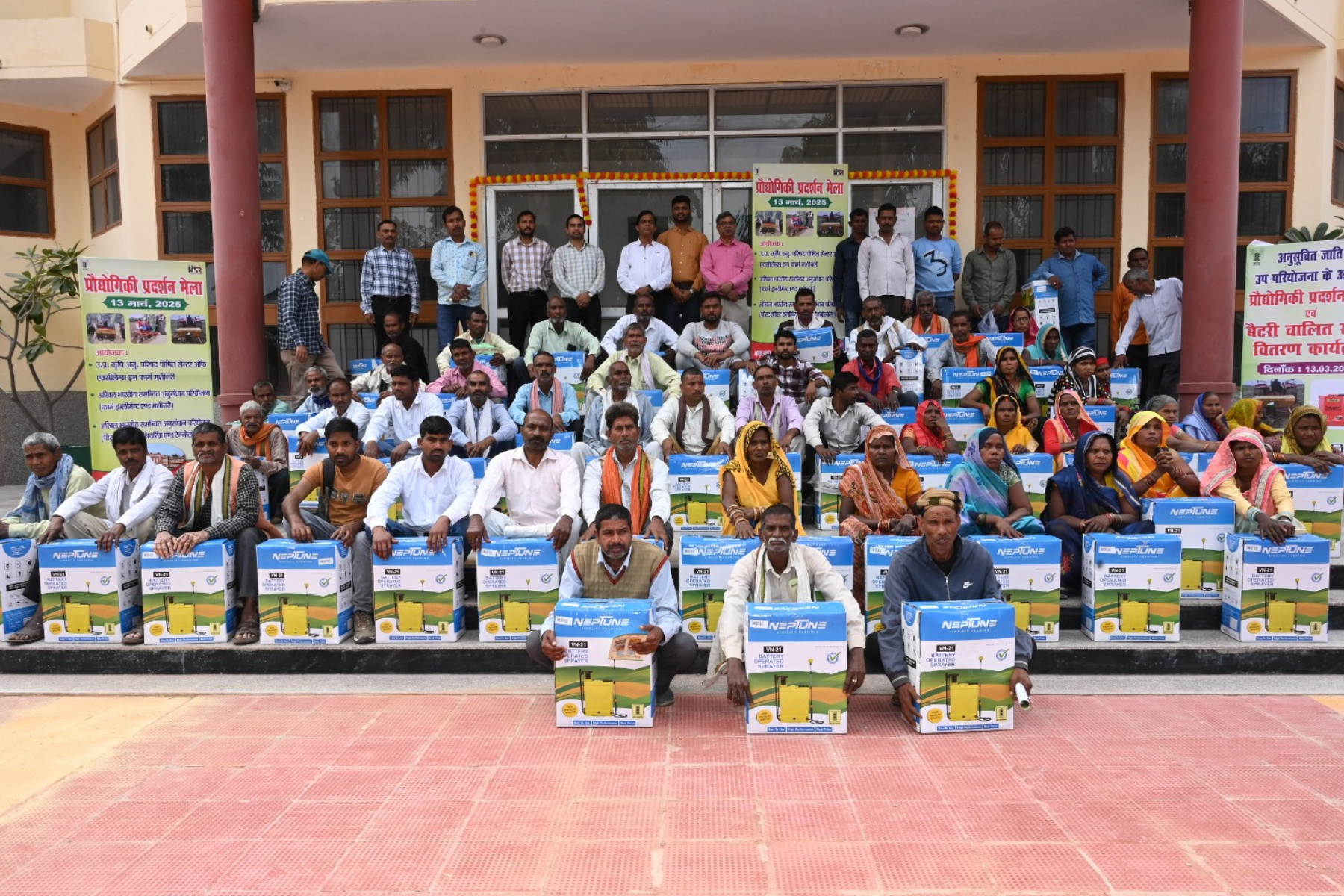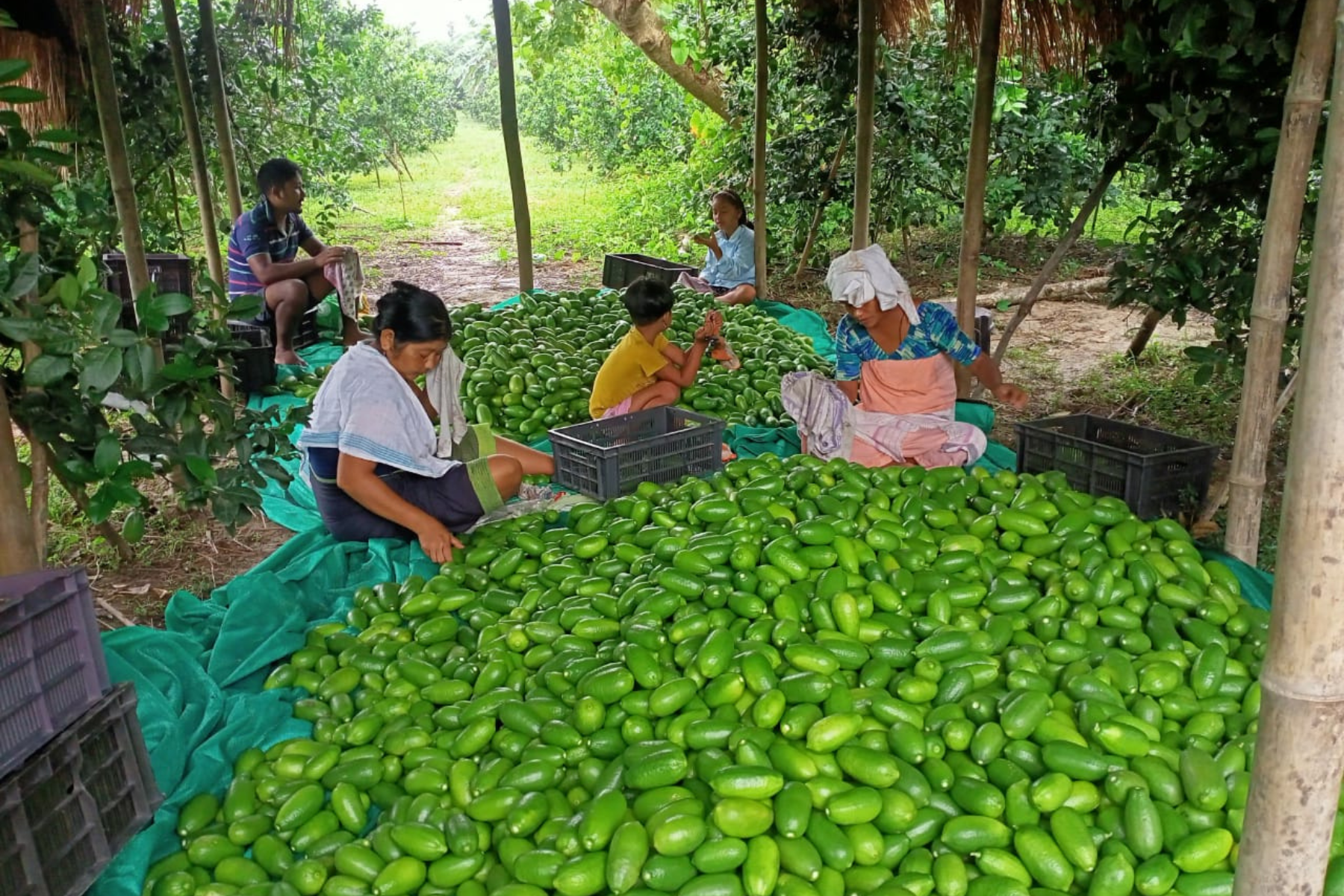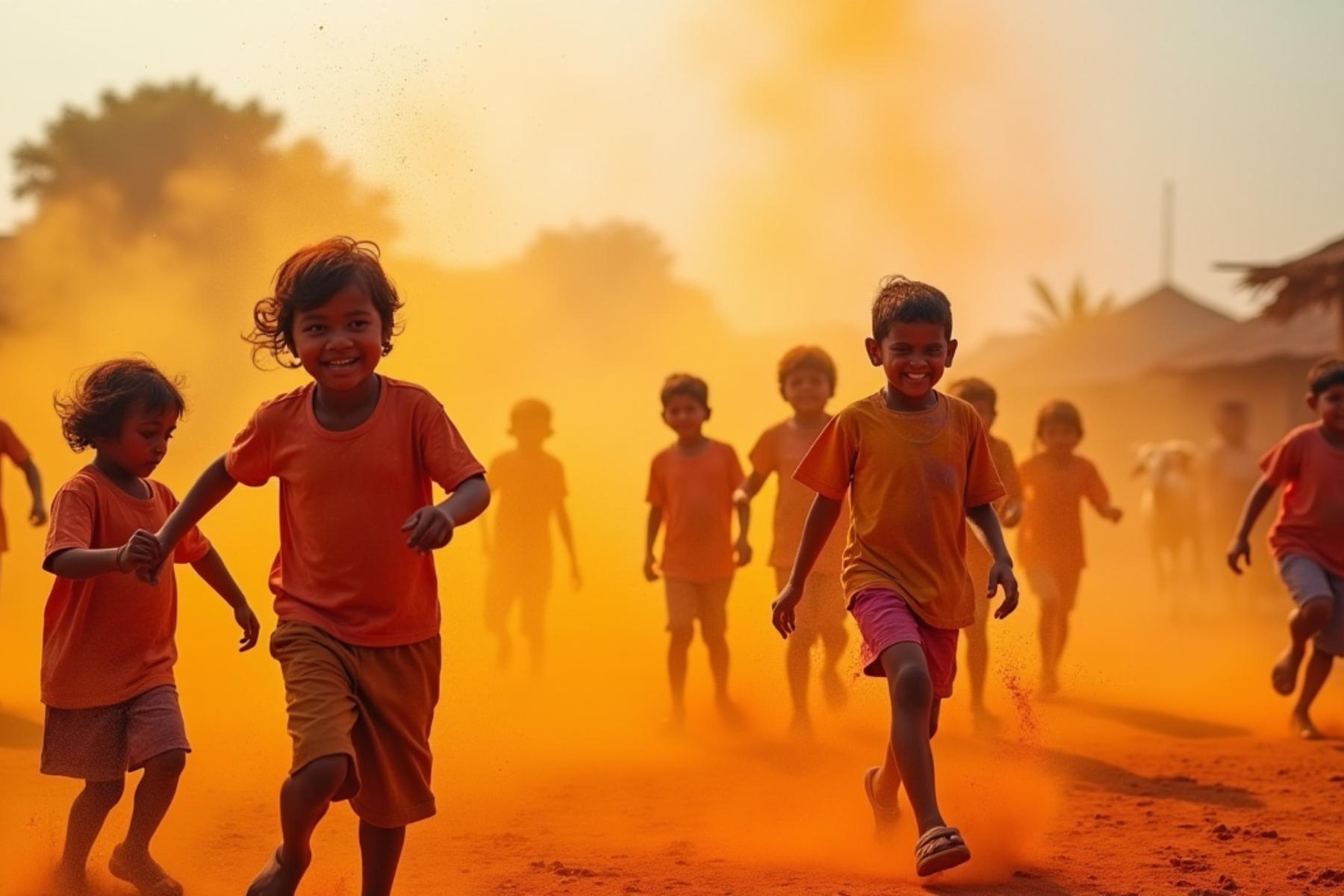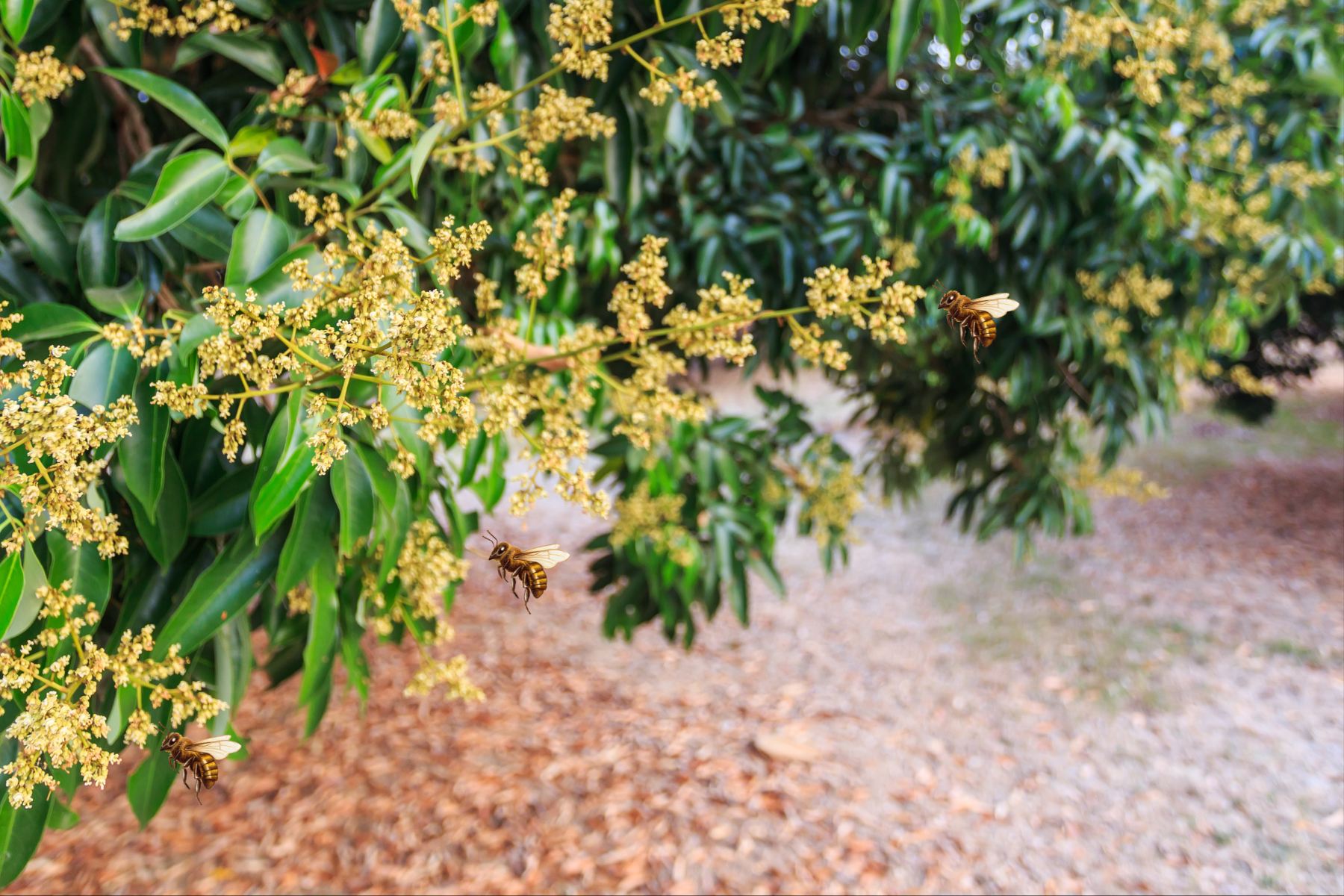Amid the suspicions of yet another viral outbreak besides the ongoing COVID-19 pandemic, a number of countries including the United States, Canada, and some European nations like the United Kingdom are reporting cases of monkeypox — a disease that is originally transmitted from animals to humans. So far, there are as many as 131 recorded cases of the viral outbreak in the world.
For now, the World Health Organization (WHO) has dismissed the urgent need for mass vaccinations to contain the monkeypox outbreak. As per the public health body, measures such as good hygiene and safe sexual behaviour will help control its spread.
In an interview to news agency Reuters yesterday on May 23, Richard Pebody, who leads the high-threat pathogen team at WHO Europe, said that the immediate supplies of vaccines and antivirals are relatively limited.
Newer vaccines have been developed of which one has been approved for prevention of monkeypox, stated the WHO statement dated May 19. Vaccines used during the smallpox eradication programme also provided protection against monkeypox.
Pebody comments came as the U.S. Center for Disease Control and Prevention said it was in the process of releasing Jynneos vaccine doses for use in monkeypox cases.
So far, cases have been reported in countries including Britain, Spain, Israel, France, Switzerland, the US, Canada and Australia.
In the wake of this novel looming viral threat, the Brihanmumbai Municipal Corporation has reportedly kept a separate 28-bed ward ready at the Kasturba Hospital for the isolation of suspected patients in Mumbai.
So far, there has been no report of any suspected or confirmed case of this zoonotic disease in the city.
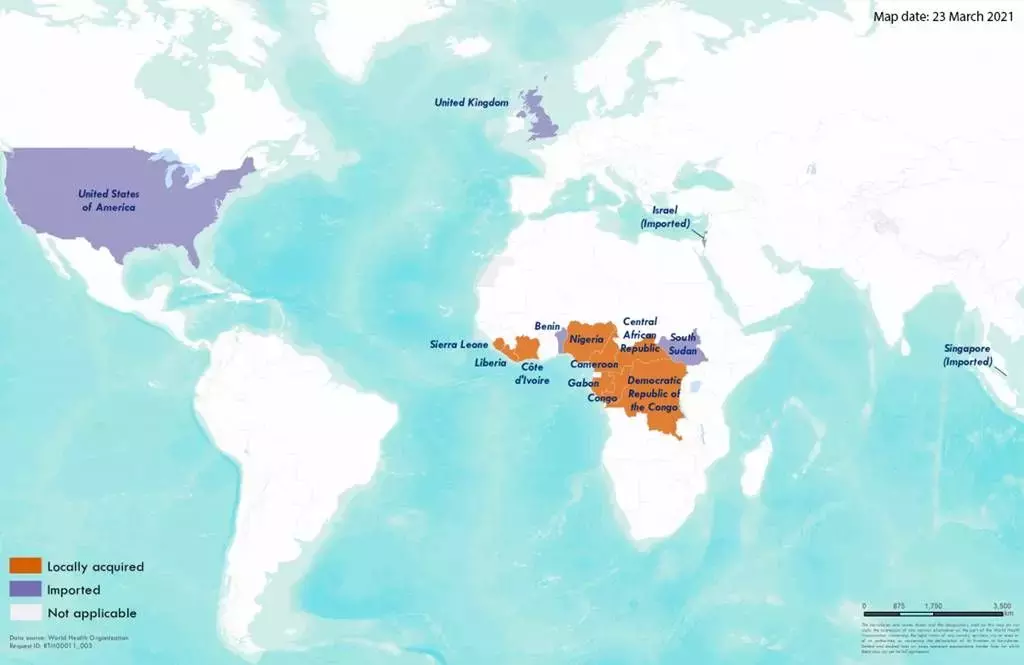
What is monkeypox? How is the virus transmitted?
Monkeypox is a zoonotic disease that is transmitted from animals to humans by close contact with lesions, body fluids, respiratory droplets and contaminated personal materials such as bedding. The most recent surge in cases appears to have been spread among men who have had sex with other men, said WHO.
“It’s rather around what people do at the parties that matters. So it’s about safe sexual behaviour, good hygiene, regular hand washing – all these sorts of things will help to limit the transmission of this virus,” said the WHO official.
Monkeypox typically presents clinically with fever, rash and swollen lymph nodes and may lead to a range of medical complications.
As per the WHO, human-to-human transmission is limited, with the longest documented chain of transmission being six generations, meaning that the last person to be infected in this chain was six links away from the original sick person.
Cases are often found close to tropical rainforests where there are animals that carry the virus. Evidence of monkeypox virus infection has been found in animals including squirrels, Gambian pouched rats, dormice, different species of monkeys and others.

